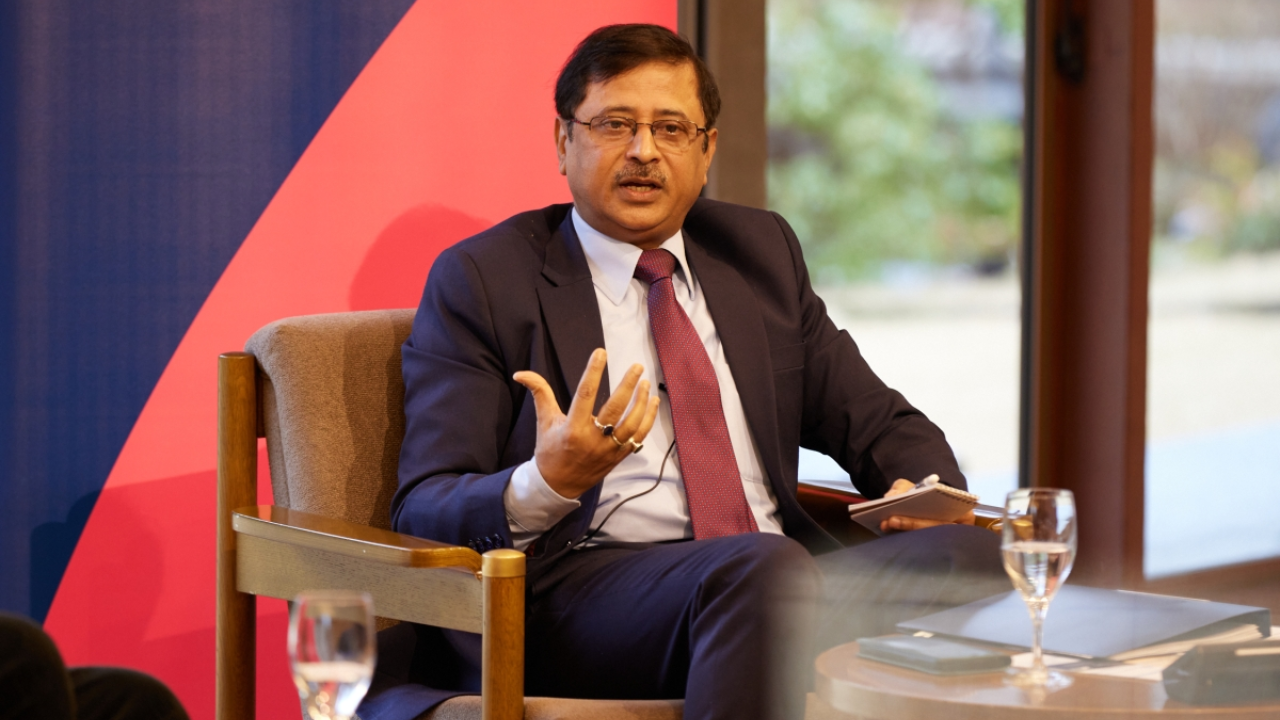
Ottawa: In his first response following his withdrawal from Canada due to ongoing tensions with Prime Minister Justin Trudeau’s administration, senior Indian diplomat and High Commissioner Sanjay Kumar Verma condemned the allegations made by the Canadian government as “politically motivated” and lacking any evidence regarding India’s supposed involvement in the killing of Khalistani separatist Hardeep Singh Nijjar last year.
“There is nothing at all. No evidence has been presented. It is politically motivated,” Verma stated in an interview with Canada’s CTV prior to his departure from the country.
Earlier this week, India decided to withdraw Verma and “other targeted diplomats and officials” from Canada after Trudeau’s government suggested that the Indian High Commissioner and other diplomats were “persons of interest” in an ongoing investigation, a claim that New Delhi described as “preposterous.”
Verma questioned why, if Trudeau and his colleagues possess information on the matter, they have not filed a charge sheet, emphasizing the lack of judicial process and evidence in the allegations against him. “If I am to be interrogated, I need to know the basis and the evidence behind it to prepare myself,” he remarked.
The Ministry of External Affairs (MEA) criticized Ottawa for casting aspersions on Verma, who has a distinguished36-year diplomatic career, labeling their comments as “ludicrous” and deserving of contempt.
During the interview, Verma clarified that the Indian government has never targeted individuals with the intention of causing harm. New Delhi has long asserted that the Trudeau government has facilitated a space for violent extremists and terrorists to threaten Indian diplomats and community leaders in Canada.
In its announcement to withdraw Verma and other diplomats on October14, India expressed concern for their safety in a climate of extremism and violence, stating a lack of confidence in the current Canadian government’s ability to ensure their security.
Verma reiterated the need for Canada to be transparent about the activities of Khalistani elements operating within its borders, stressing that understanding such threats is integral to India’s national interest. “If Canadian politicians believe they can prevent me from knowing about my adversaries, they misunderstand the nature of international relations,” he said.
Trudeau acknowledged during a testimony before Canada’s foreign interference inquiry that the accusations against India were based on intelligence rather than hard evidence, saying, “At that point, it was primarily intelligence, not hard evidentiary proof.”
Moreover, Trudeau is facing growing dissent within his own party, with reports indicating that at least20 MPs are prepared to push for his resignation amid rising dissatisfaction with his leadership.
India has consistently stated that Trudeau’s actions reflect a “deliberate strategy” to damage India’s reputation for political gain. Randhir Jaiswal, MEA spokesperson, reiterated that Canada has failed to provide any evidence supporting its serious allegations against India and its diplomats, asserting that the responsibility for the ensuing deterioration in India-Canada relations rests solely with Prime Minister Trudeau.
